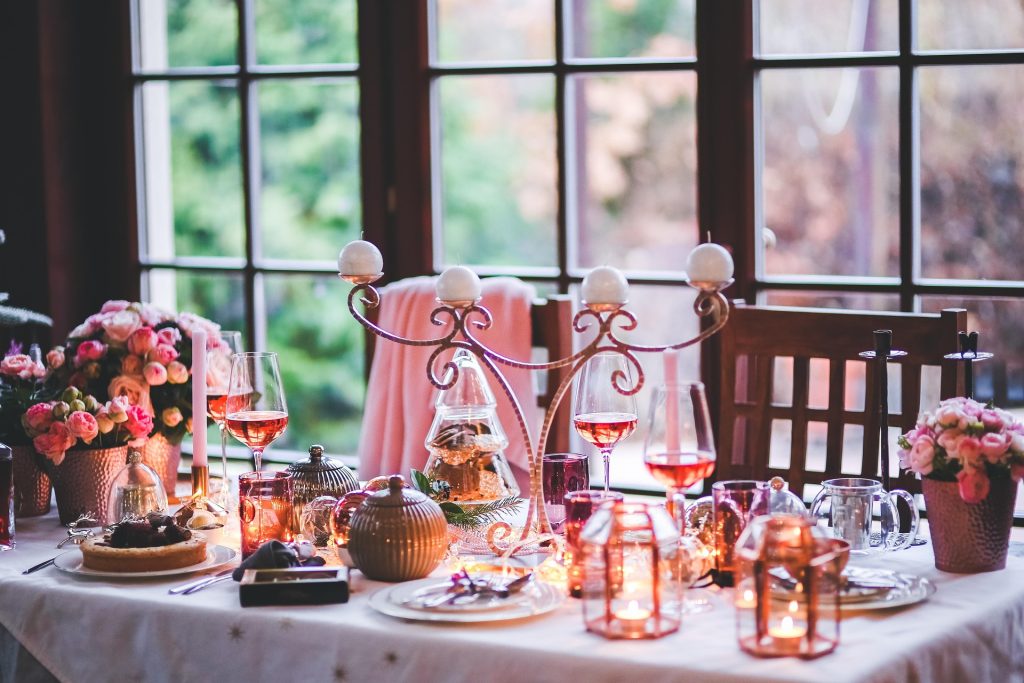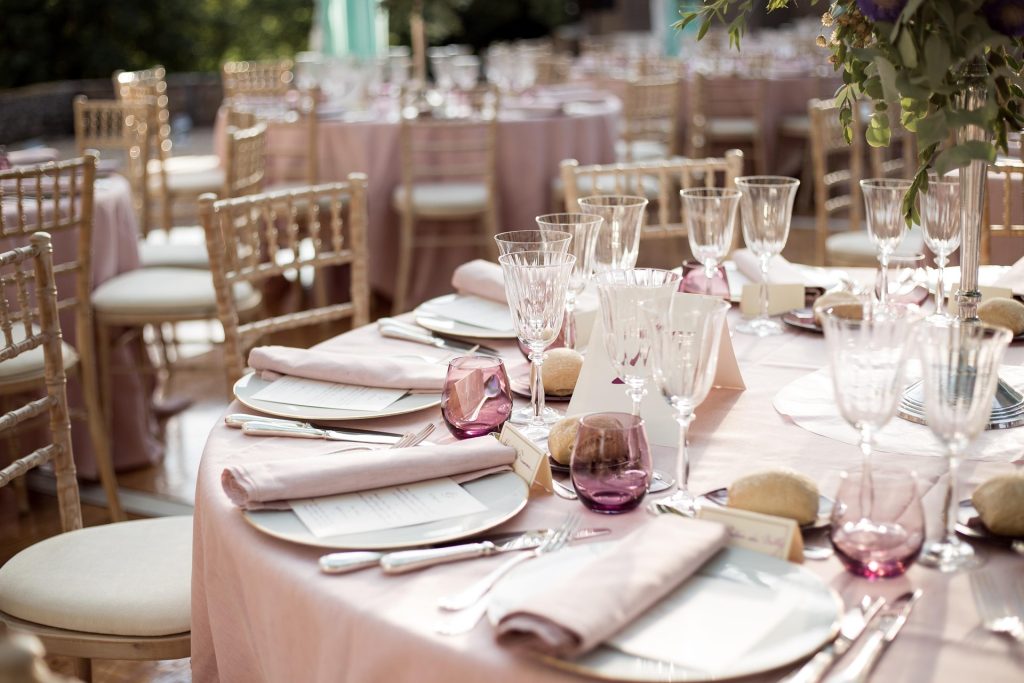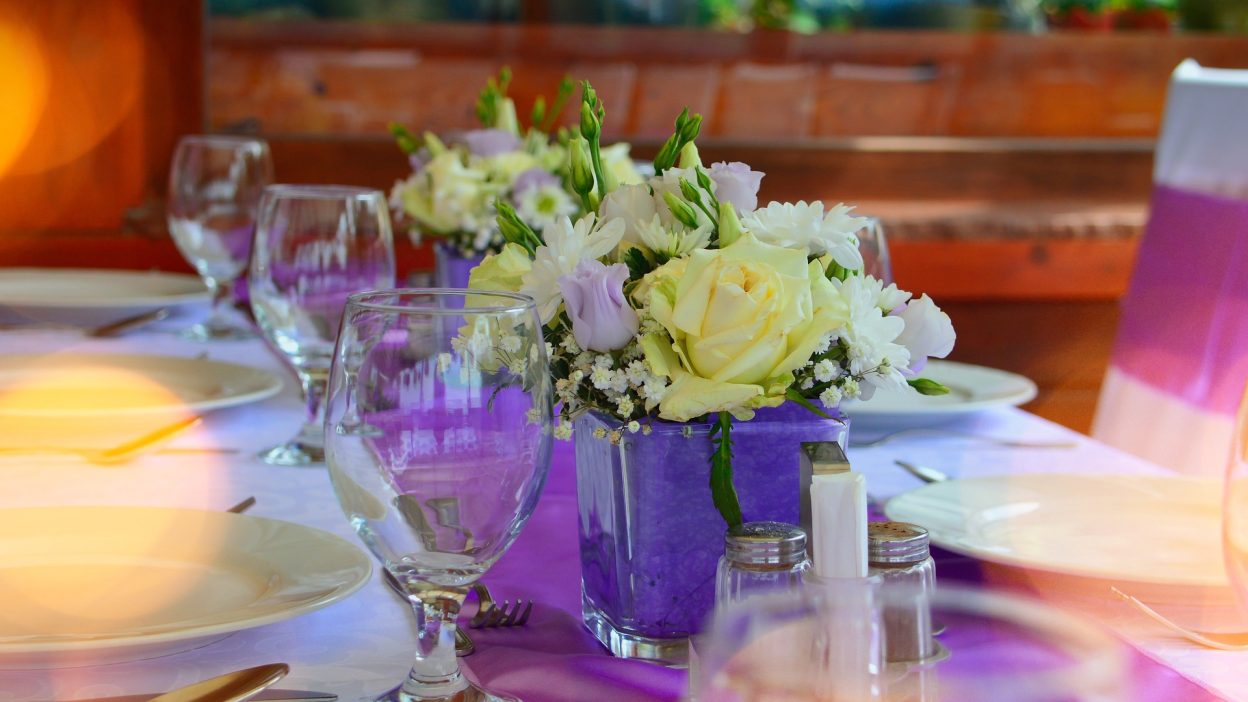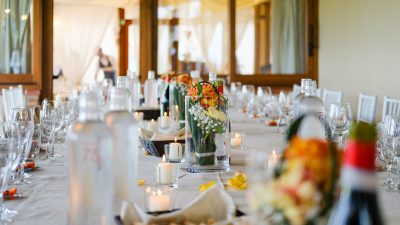Planning an event at home can be such a vibe, especially when you’re celebrating milestones like birthdays, graduations, or even a small ruracio. But hosting an event at home isn’t as easy as it looks. You might think, “Ah, it’s just a few people, how hard can it be?” Well, my friend, that’s where many of us go wrong.
Planning an event at home is about creating an experience that your guests will remember for all the right reasons. But even the simplest events can go south if you don’t know what to watch out for. That’s where this article comes in clutch.

Image by RealAKP from Pixabay
We’re breaking down the top mistakes people make when planning an event at home so you can avoid them like a pro.
So, whether you’re a first-time host or a seasoned pro, this guide is here to help you dodge the common pitfalls of event planning at home. By the end of it, you’ll be ready to host an event that’s stress-free and fun.
Planning an Event at Home: Top 7 Mistakes to Avoid
Whether it’s a birthday bash, graduation party, or even a small Nyombo, planning an event at home requires more than just good intentions. Let’s dive into the top mistakes people make and how you can sidestep them like a pro.
1. Failing to Set a Budget

Image by Karolina Grabowska from Pixabay
One of the biggest mistakes people make when planning an event at home is not setting a budget. You start with a simple plan, but before you know it, you’re buying extra decorations, upgrading the menu, and adding “just one more thing.”
By the time the event rolls around, you’ve spent way more than you intended and Tala has you on speed dial. This mistake hits your wallet hard and can leave you stressed out instead of enjoying your own party.
To avoid this, start by writing down exactly how much you’re willing to spend. Break it down into categories like food, drinks, decorations, and entertainment. Then, check Naivas Online or the Carrefour App for average prices.
Stick to your budget like glue! If you’re tempted to add extras, ask yourself, “Do I really need this, or can I do without?” Additionally, consider DIY options for decorations or ask friends to help with certain tasks. Planning an event at home doesn’t have to be expensive if you’re smart about it.
2. Planning for the Exact Number You’re Expecting
Technically, this is not a mistake. It’s just one of the things you should beware of when hosting an event at home.
Kenyans love to share in celebrations—like your cousin showing up with three unexpected friends or your neighbor deciding to pop in. If you only prepare for the number on your list, you might run out of food, drinks, or even seats.
Of course, it’s not your fault but it helps to be prepared up to a certain point. To prevent this, always plan for a few extra people. When buying food and drinks, add a buffer of about 10-15%. For example, if you’re expecting 50 guests, plan for 55 or 60. It’s better to have leftovers than to run out.
Plus, extra food can always be packed for guests to take home—Kenyans love a good take away! Also, make sure you have extra chairs and plates handy. Planning an event at home means being ready for the unexpected.
3. Not Asking for RSVPs

Image by wal_172619 from Pixabay
Not asking for RSVPs is like planning a trip without knowing how many people are coming—it’s a recipe for chaos. Many people assume everyone they invite will show up, but that’s rarely the case. Some guests might forget, others might have last-minute plans, and a few might just decide not to come. Without a clear headcount, you could end up with too much food, too little space, or worse, not enough supplies.
To avoid this, always ask for RSVPs. Whether it’s through a WhatsApp group, a phone call, or a simple text, make sure your guests confirm their attendance. Set a deadline for responses so you have enough time to adjust your plans. For example, you can say, “Please let me know by Friday if you’re coming.” This way, you’ll have a clear idea of how many people to expect. Planning an event at home becomes so much easier when you know your numbers.
4. Failing to Consider the Weather
Planning an event at home without checking the weather forecast is like going to Nairobi without expecting traffic—it’s bound to mess up your plans. Imagine setting up a beautiful outdoor setup for your event, only for it to start pouring rain.
Guests scrambling for cover, food getting ruined, and your decorations turning into a soggy mess. Not a good look, right? Weather can make or break your event, especially if it’s outdoors and in Nairobi.
To avoid this, always have a Plan B. If you’re planning an outdoor event at home, make sure you have a backup indoor space or tents ready. Check the weather forecast a week before and keep an eye on updates as the day approaches.
If rain is likely, move the party indoors or rent a tent. Additionally, inform your guests about the plan so they can dress appropriately. Planning an event at home means being ready for whatever the weather throws your way.
5. Settling for the First Vendor

Image by Gábor Adonyi from Pixabay
Another common mistake is settling for the first vendor you find. Whether it’s the caterer, decorator, or sound system guy, going with the first option without shopping around can lead to disappointment.
Maybe their prices are too high, their service is slow, or their work isn’t up to standard. This mistake can affect the quality of your event and leave you frustrated.
To prevent this, take your time to research and compare vendors. Ask for recommendations from friends or check online reviews. Apps like Glovo give you Quickmart’s grocery prices, or you can visit your local Naivas for price comparison.
Don’t be shy to ask for quotes from multiple vendors and negotiate prices. Additionally, meet with them in person or virtually to discuss your needs and see samples of their work. Planning an event at home means working with vendors who understand your vision and can deliver quality service.
6. Doing Things Last Minute
Procrastination is the enemy of event planning at home. Waiting until the last minute to buy supplies, decorate, or even confirm vendors is a surefire way to stress yourself out. You might find that the chairs you wanted are out of stock, or the caterer is fully booked. Last-minute planning often leads to rushed decisions, mistakes, and unnecessary expenses.
To avoid this, create a timeline for your event and stick to it. Start planning at least a month in advance, especially for bigger events. Make a checklist of everything you need to do and tackle tasks one by one.
For example, book vendors early, buy decorations a week before, and prepare food items that can be stored. Planning an event at home becomes much smoother when you give yourself enough time to get things done.
7. Failing to Communicate with Vendors

Image by floraboss from Pixabay
Poor communication with vendors is another mistake that can ruin your event at home. Imagine the caterer showing up late, the DJ playing the wrong playlist, or the decorator misunderstanding your theme. These issues often happen when there’s no clear communication between you and the vendors.
This is Kenya and vendors can mess up your day by being late or not showing up at all. So, always keep the lines of communication open. Confirm all details with your vendors a few days before the event. Provide clear instructions, such as the time they should arrive, the setup they need to do, and any specific requests you have.
Additionally, have a backup contact person in case you’re busy on the day of the event. Planning an event at home means staying on the same page with everyone involved to ensure everything runs smoothly.
Wrap-Up: Your Event at Home, Your Way!
And there you have it—your ultimate guide to avoiding the top mistakes when planning an event at home. From setting a budget to communicating with vendors, these tips will help you host a stress-free and memorable gathering. With these tips, you’re ready to shine.



